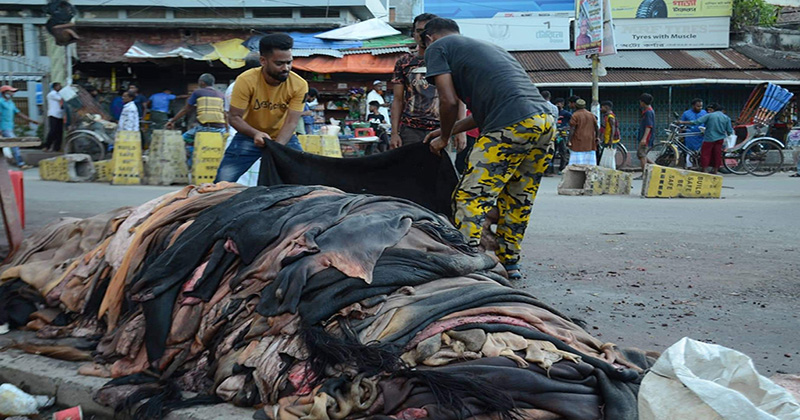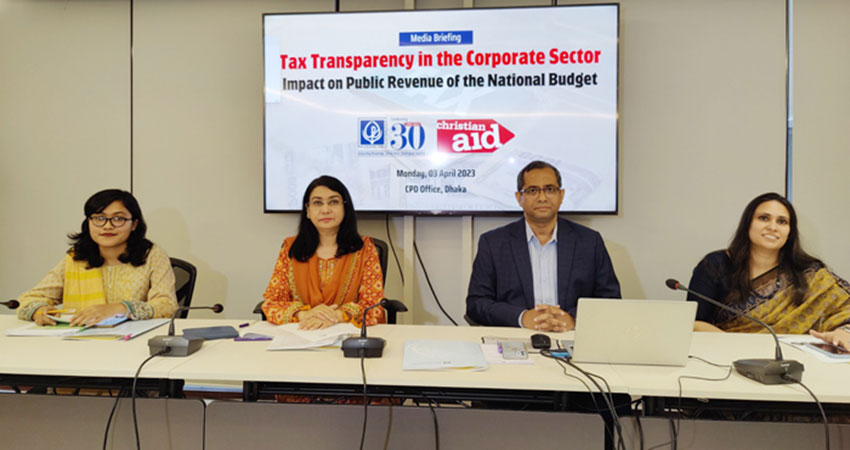Bangladesh is struggling to pay for imported fuel because of a dollar shortage, letters from the state petroleum firm show, with it warning of an "alarming decrease" in fuel reserves, reports Reuters.
It owes more than $300 million to six overseas companies, some of which have either sent fewer cargoes than scheduled or threatened to halt supplies, according to one of the two letters from the Bangladesh Petroleum Corp (BPC) reviewed by Reuters.
The country is already grappling with power cuts that have hurt its exports-oriented garments industry. Separately, the body responsible for generating electricity and distribution also warned it had to delay payments due to the currency crunch.
BPC, which controls the import and marketing of fuel in the country, has asked the government to permit domestic commercial banks to settle money owed to India in rupees.
When asked about the letters, the central bank told Reuters it was acting rationally and prioritising dollar disbursal "given the context of the global economy".
"Due to a shortage of foreign currency/dollars in the domestic market and the central bank not meeting demand for U.S. dollars, commercial banks are unable to pay for imports on time," BPC told the Power Ministry in a May 9 letter.
That followed a warning in a letter in April which said: "If it is not possible to import fuel according to the import schedule prepared for May, supply may be disrupted throughout the country with an alarming decrease in fuel reserves."
Neither the ministry nor BPC responded to telephone calls to seek comment.
Bangladesh's dollar reserves have shrunk more than a third since Russia's invasion of Ukraine in February last year to stand at a seven-year low of $30.18 billion.
The country of nearly 170 million people has already had to secure a loan of $4.7 billion from the IMF this year as it deals with higher costs of imported fuel and food.
"Due to a shortage of foreign currency/dollars in the domestic market and the central bank not meeting demand for U.S. dollars, commercial banks are unable to pay for imports on time," BPC told the Power Ministry in a May 9 letter.
That followed a warning in a letter in April which said: "If it is not possible to import fuel according to the import schedule prepared for May, supply may be disrupted throughout the country with an alarming decrease in fuel reserves."



















